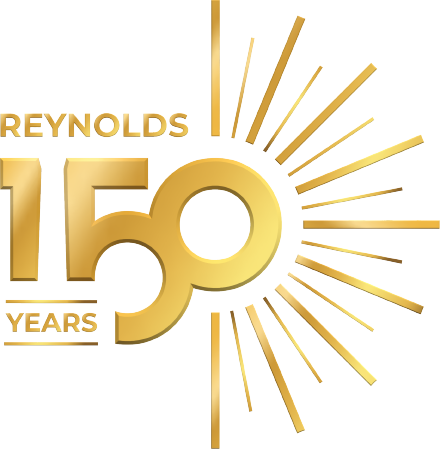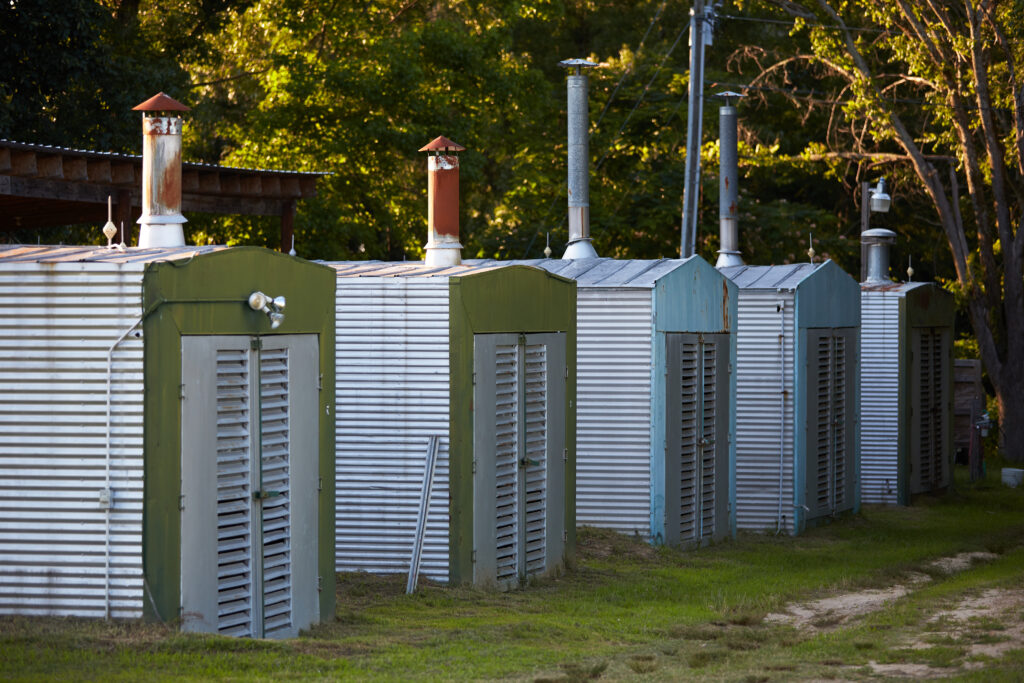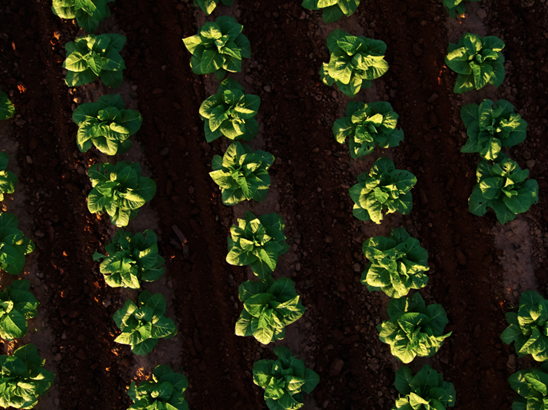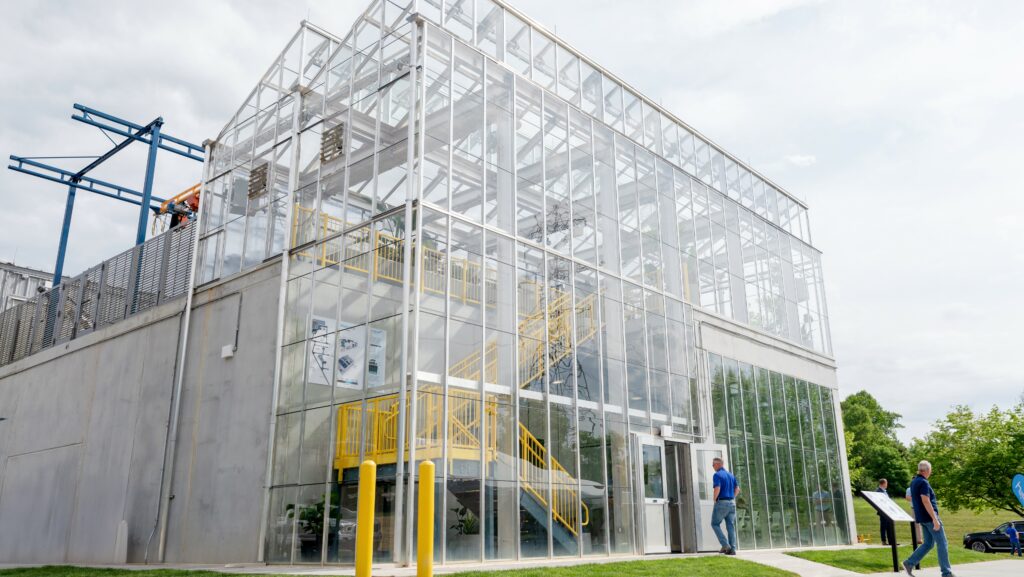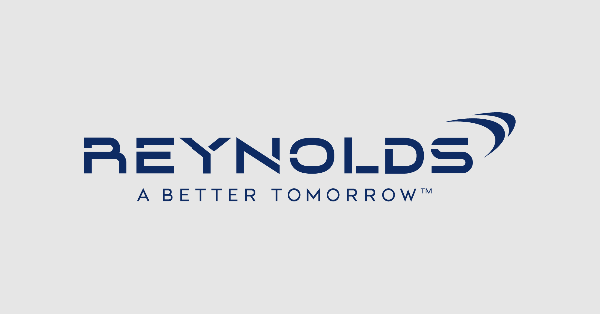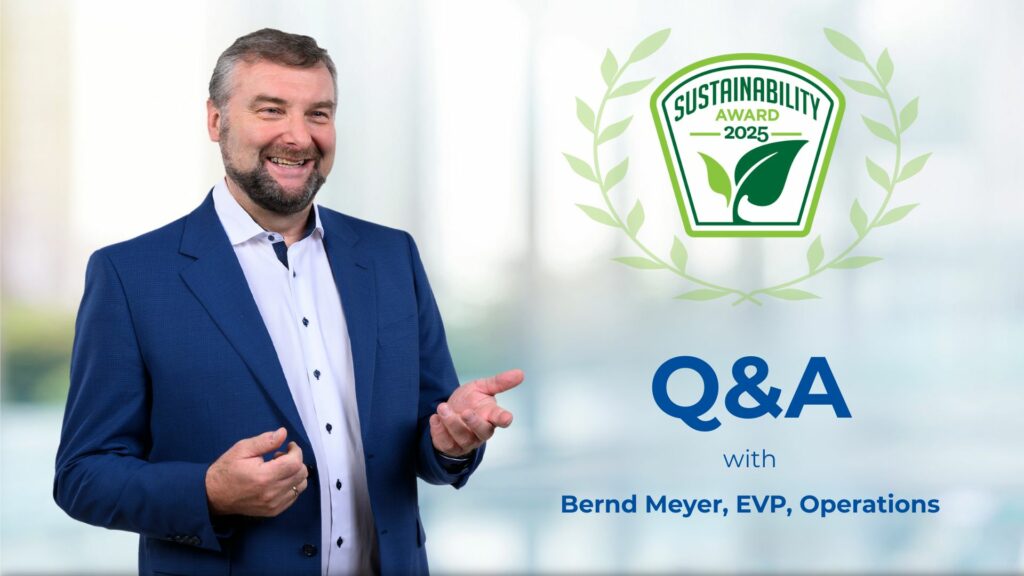
Reynolds Executive Bernd Meyer Named Business Intelligence Group Sustainability Award Recipient
Reynolds American Inc. is pleased to share that Bernd Meyer, EVP, Operations, has been named a winner of the 2025 Sustainability Awards presented by Business Intelligence Group. Bernd was recognized in the Sustainability Hero – Executive category for his outstanding work in advancing environmental and social impact while delivering measurable business results across the Reynolds … Continued
